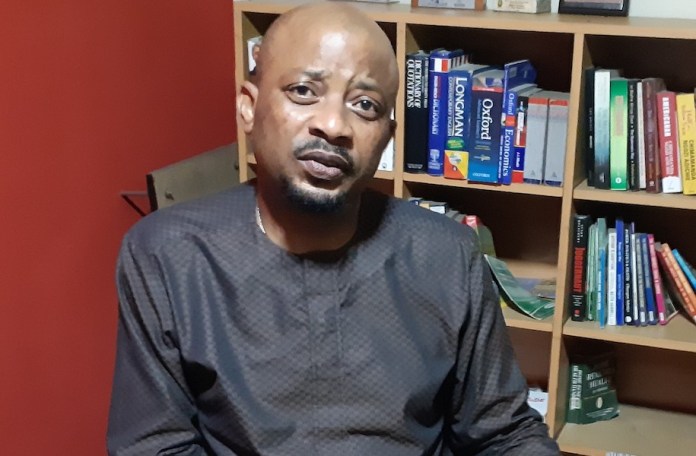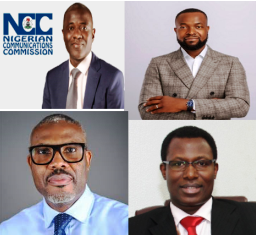Convener of the Association of Licensed Data Protection Compliance Organisations of Nigeria (ALDAPCON), Mr. Tunde Balogun, has described data as the crude oil of the digital economy.
Balogun, who is also the CEO of Data Services Protection Limited (DSPL), a licensed Data Protection Compliance Organisation (DPCO). said growing official interest in data protection and privacy hinges on government’ s realization that data has become the real asset of the digital economy.
He stated that data rules the digital economy and data collection is the most resourceful enterprise in the world – that is why most successful companies in the world are not in the oil & gas, banking or insurance but in the collection of data.
This was why government is insisting on protection of data of Nigerians in both the public and private sectors of the country, said the DSPL boss while speaking at a media brief during a training session for some ministries, departments and agencies (MDAs) in Oyo state by his company.
The convener of ALDAPCON commended the Nigerian government for its proactive approach at recognizing the strategic need to provide a definite regulatory regime for the data industry as it evolves to significantly impact on the digital economy.
NDPR is principal data protection legislation
According to him, the result is the Nigeria Data Protection Regulation (NDPR) issued by the National Information Technology Agency (NITDA) on 25 January 2019 pursuant to Section 32 of the NITDA Act 2007 as subsidiary legislation to the NITDA Act 2007.
The NDPR is Nigeria’s principal data protection legislation designed to address concerns around privacy and protection of personal data. Balogun considers the NDPR a pathfinder to a more dynamic sets of legislations now at the National Assembly expected to provide a wider legal framework for Nigeria’s data protection industry and the entire digital economy.
DPCOs are licensed under the NDPR to provide professional data protection services to public and private enterprises or government MDAs. There about over 70 licensed DPCOs tasked with monitoring compliance to the NDPR.
Since it was licensed, Balogun has led his team at DSPL to provide an extensive array of data and compliance services across Nigeria to clients that include the governments of Plateau and Oyo states.
He said there is now is a growing awareness among stakeholders on data as an asset worth a high level of protection and as NITDA asserts its regulatory authority to ensure compliance, organisations are readily keying into the NDPR.
His words: “The good thing is that some of our people are beginning to understand why data must be protected in all ramifications. Plateau state started this journey last year. Also, a good example is the government of Oyo state where we are currently implementing data protection services for about eight ministries, departments and agencies as part of the first phase of the scheme.
“It is still going to all other ministries but we started with these eight MDAs because they handle more data than most other MDAs and it even goes beyond mere putting facilities in place to enforce compliance with data protection.
“This is where we are shoulder high than other DCOs. Many people think data protection is only about data auditing but it goes beyond that because we provide other deliverables. In our case, we do auditing, we train staffs, organise lectures, we ensure full privacy and arrange workshops to drive home the point,” he explained.
NDPR or GDPR: Data protection sums up strategies by governments
Balogun said data protection is part of the larger layers of strategies being in place by governments all over the world to checkmate cybercrimes, which he said had attracted the concern of well-meaning human beings.
The NDPR operates like the General Data Protection Regulation (GDPR) which is the legal framework that sets guidelines for the collection and processing of personal information from individuals who live in the European Union (EU).
He added that it is a good thing that the government of Nigeria is keying into it since it is a global affair from which the country cannot afford to run away from.
He enjoined all players in the public and private sectors of the economy to put steps into place to make sure they protect data in their possession, adding that the government is already enforcing data protection, which in some cases attract heavy penalties.































